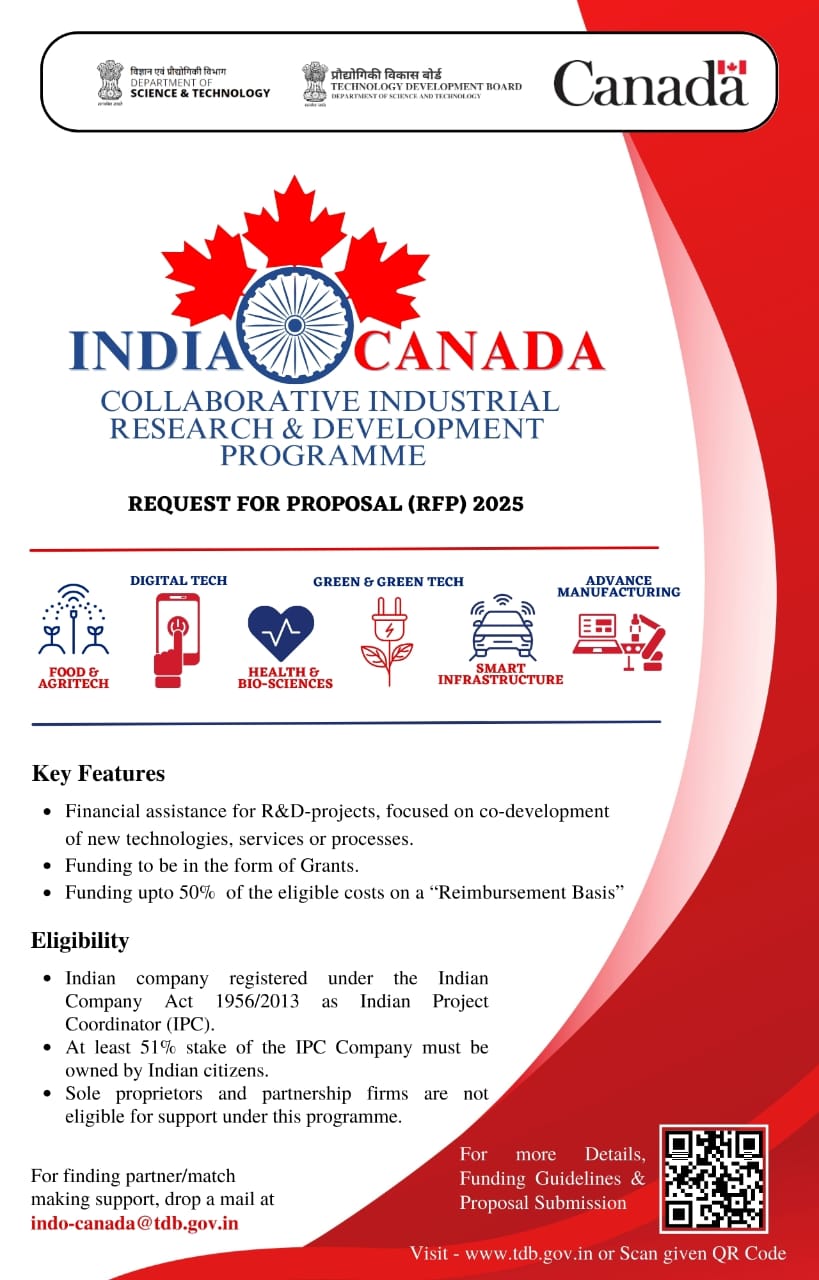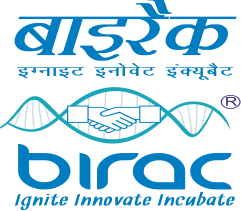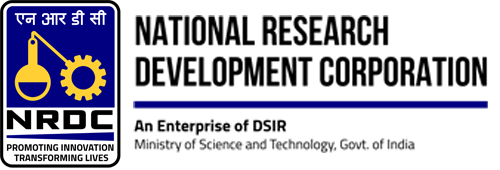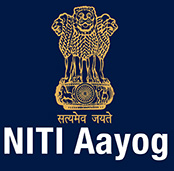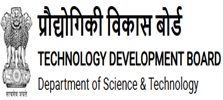 | 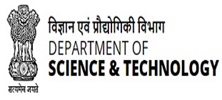 |  | |
Details of Call for Proposals | |||
|---|---|---|---|
India-Canada Collaborative Industrial Research & Development Programme 2025 | |||
| Name of the Programme | India-Canada Collaborative Industrial Research & Development Programme – Request for Proposal (RFP) 2025 [Between Department of Science & Technology (DST), Government of India, Technology | ||
| Launch Date: | 4th July 2025 | ||
| Last Date: | 17th October 2025 | ||
| Important Dates | Announcement Date of Request for Proposal (RFP): July 04, 2025 Closing date of RFP : October 17, 2025 Conditional Project Selection Notification : April 2026 (Tentative) | ||
APPLICATION CALL GUIDELINES | DOWNLOADS | ||
Who can apply
| Eligible Indian Applicants An Indian company having requisite understanding and capability to undertake R&D activities.
| ||
| Eligible technology sectors | The collaboration aims to promote projects that are innovative and reflecting consumer demands, so that they are market-oriented at the same time focused on creating a new product or process that will eventually lead to commercialization. On this basis, this RFP 2025 is open to the applied R&D projects in the areas of:
| ||
| Project Funding Support | Selected R&D project participants will receive funding:
Funds will be provided in accordance with the national laws, rules, regulations and procedures established by each organization, and/or each jurisdiction/country. A maximum of Six projects may be funded (subject to the approval from Competent Authority, DST). Funding for R&D Project Participants in India TDB, on behalf of the Department of Science & Technology (DST), Government of India, will fund the successful projects, as follows:
Funding for R&D Project Participants in Canada
| ||
| India | Canada |
|---|---|
Mr. Deepak Chaturvedi Project Manager, Technology Development Board, GOI | Mr. Neil Kochar Program Lead, CIIP - India, Singapore CIIP - National Program Coordinator for India Website: www.nrc-cnrc.gc.ca Email: Neil.kochar@nrc-cnrc.gc.ca |
| Finding a Partner | Canadian and Indian actors looking for partner organizations for joint projects can also reach out to emails given in the contact details. Email: indo-canada@tdb.gov.in or Email: neil.kochar@nrc-cnrc.gc.ca |
Important note: (Queries related to the submission, matchmaking shall be written to TDB.) please do not leave your submission to the last minute. | |

